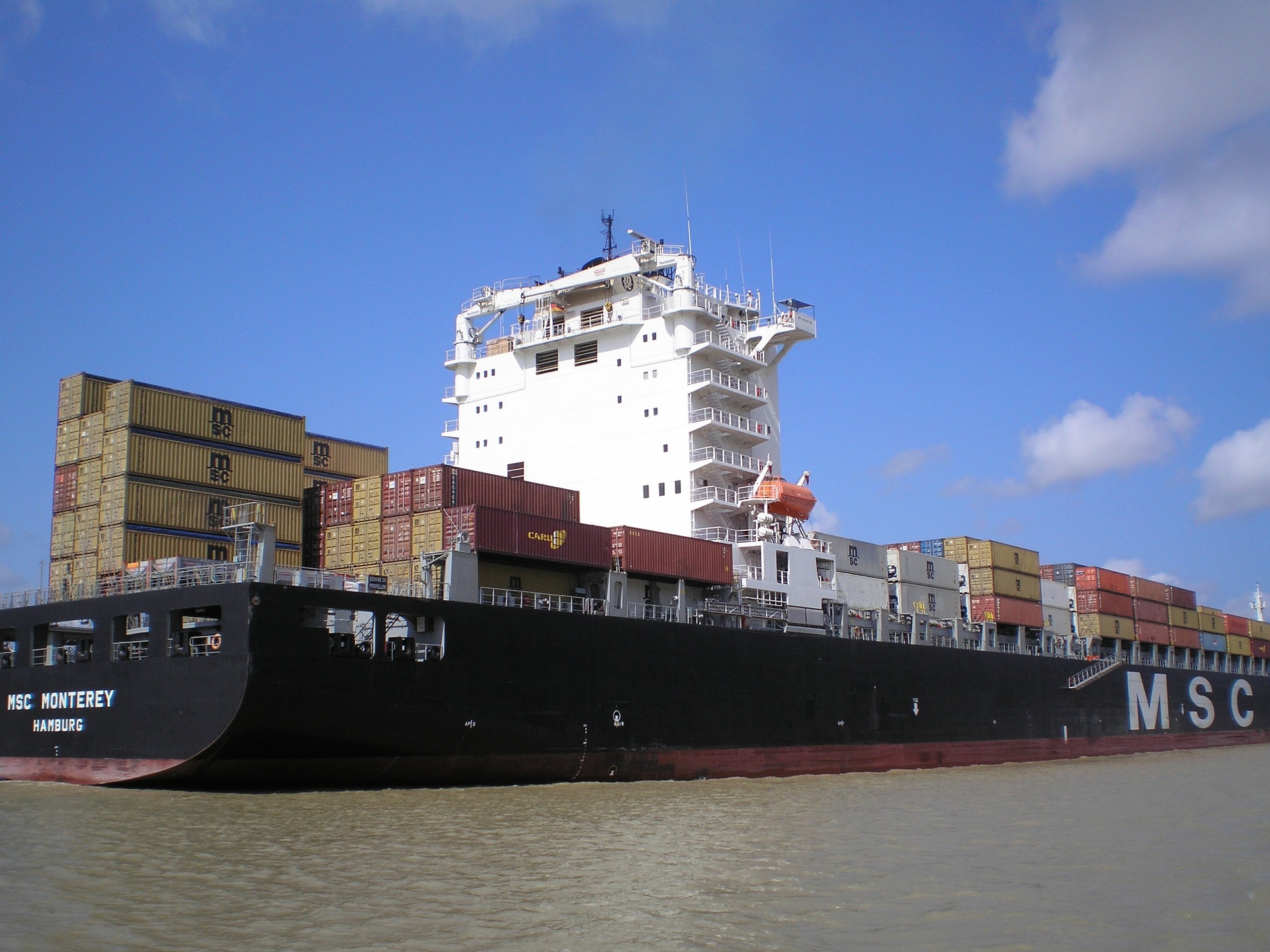Increasingly, investors are concerned about sustainability, social responsibility, and corporate governance issues
It is becoming increasingly apparent that Environmental, Social, and Governance (ESG) considerations are at the forefront of Investors’ minds. ESG and sustainability considerations are becoming a focus throughout all stages of the investment process. Considering the current events and how ESG factors are shaping the ways we live, in October, world leaders met at the United Nations Climate Change Conference in Glasgow, Scotland, to address the issue at hand. Numerous Investment Managers and hundreds of Investors have made the pledge to commit to net zero carbon. CBRE highlighted key trends influencing Investor strategies in 2021 and beyond, many with ESG considerations taking the lead. A recent study by the Harvard Business Review concluded a third of all professionally managed assets, roughly $30 trillion, are now subject to ESG criteria across the globe.[1] While the list of sustainable initiative efforts grows exponentially, Diversity, Equity, and Inclusion (DEI) initiatives are also moving to the fore in our industry.
We would like to thank Sarah Welton, Business Growth Director, at Longevity Partners and Zoe Hughes, Chief Executive Officer of NAREIM for their contributions to this article, given their extensive knowledge and expertise in the ESG space.



